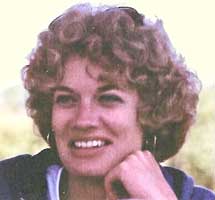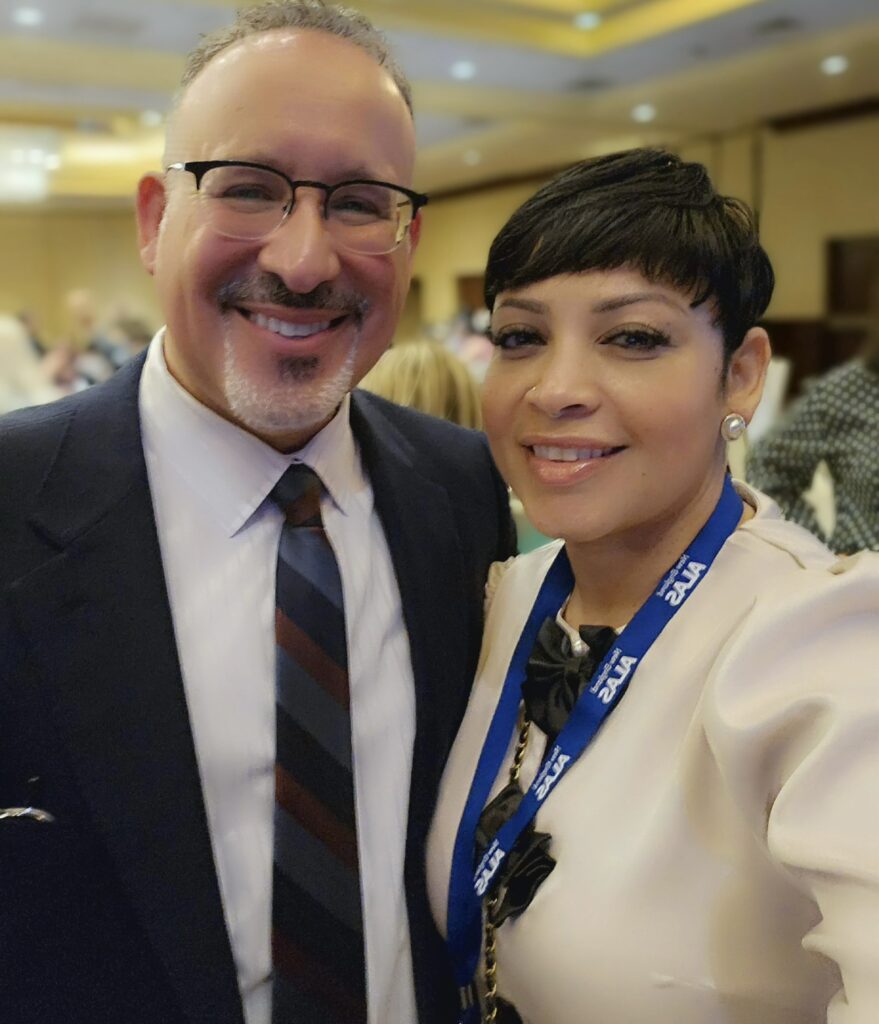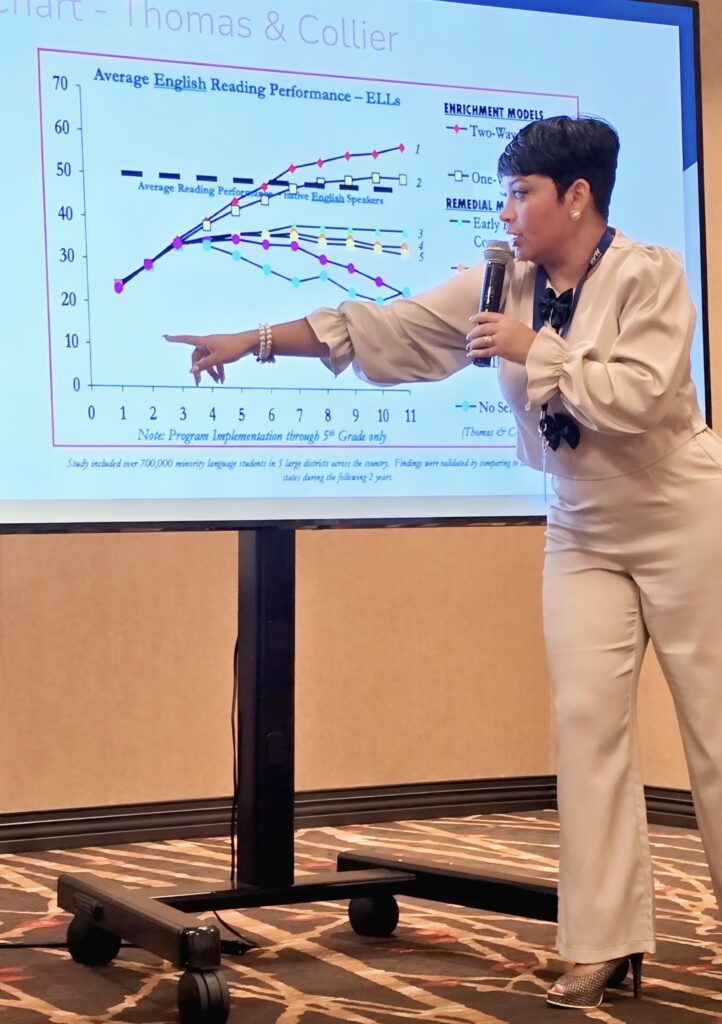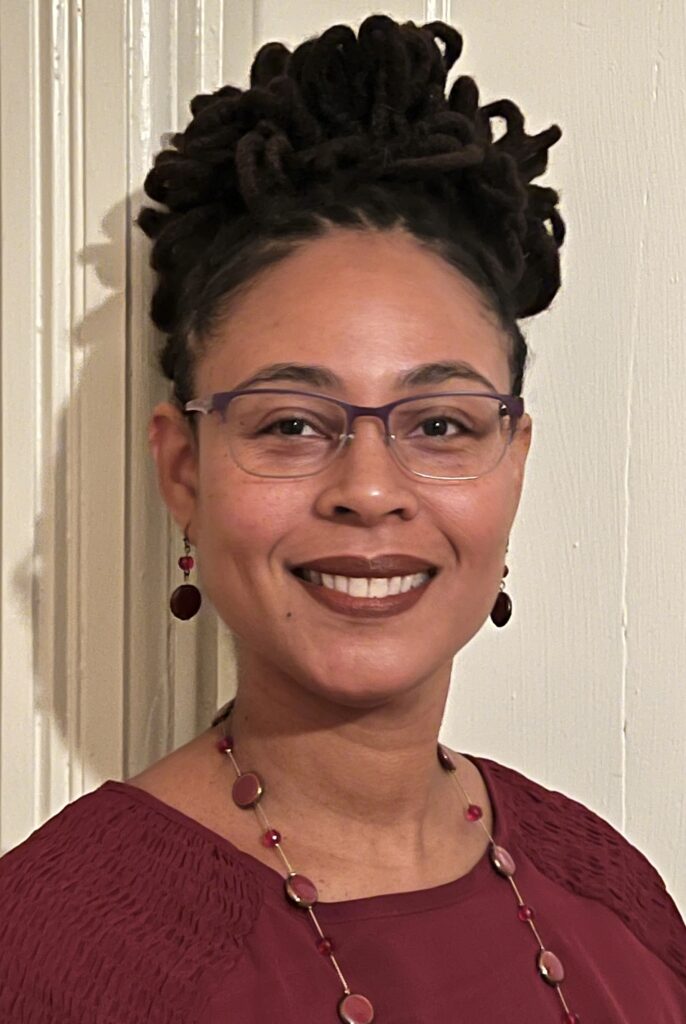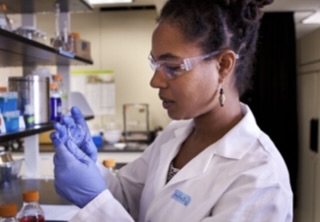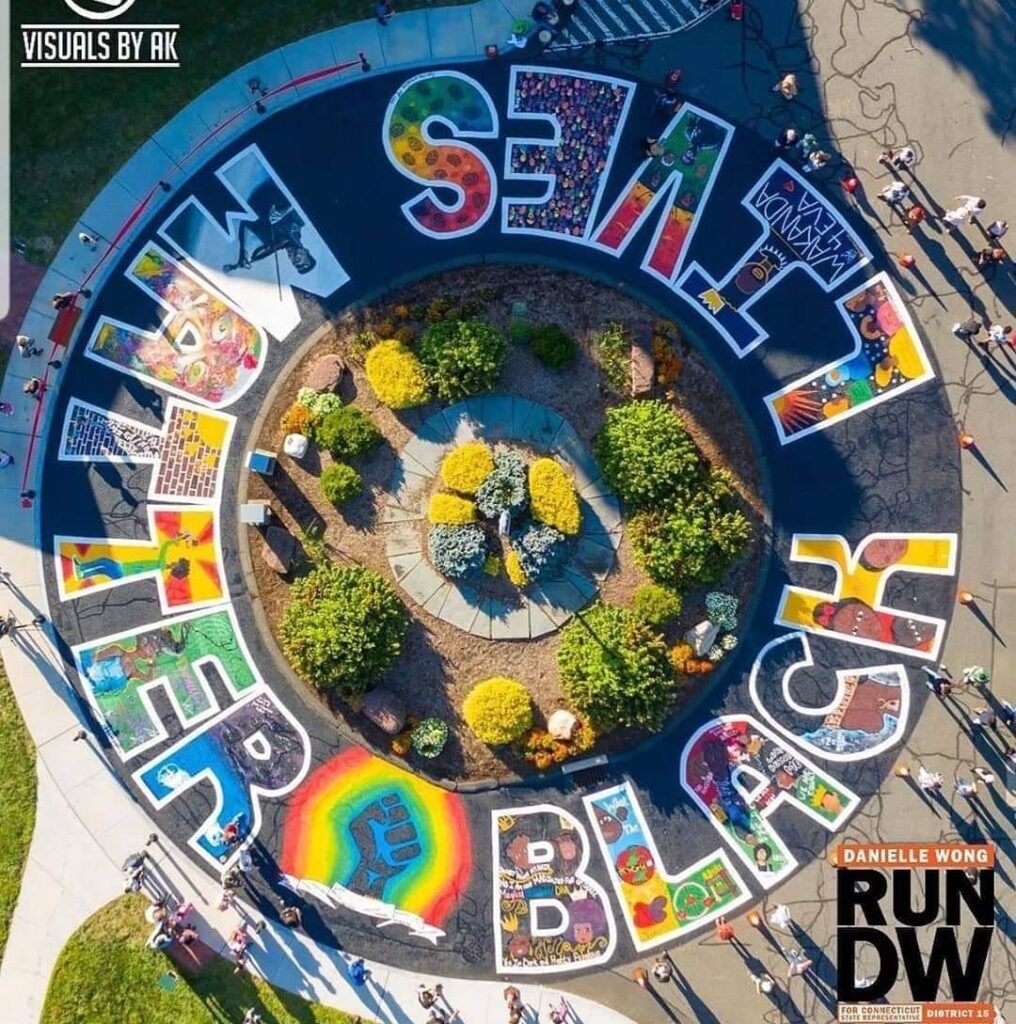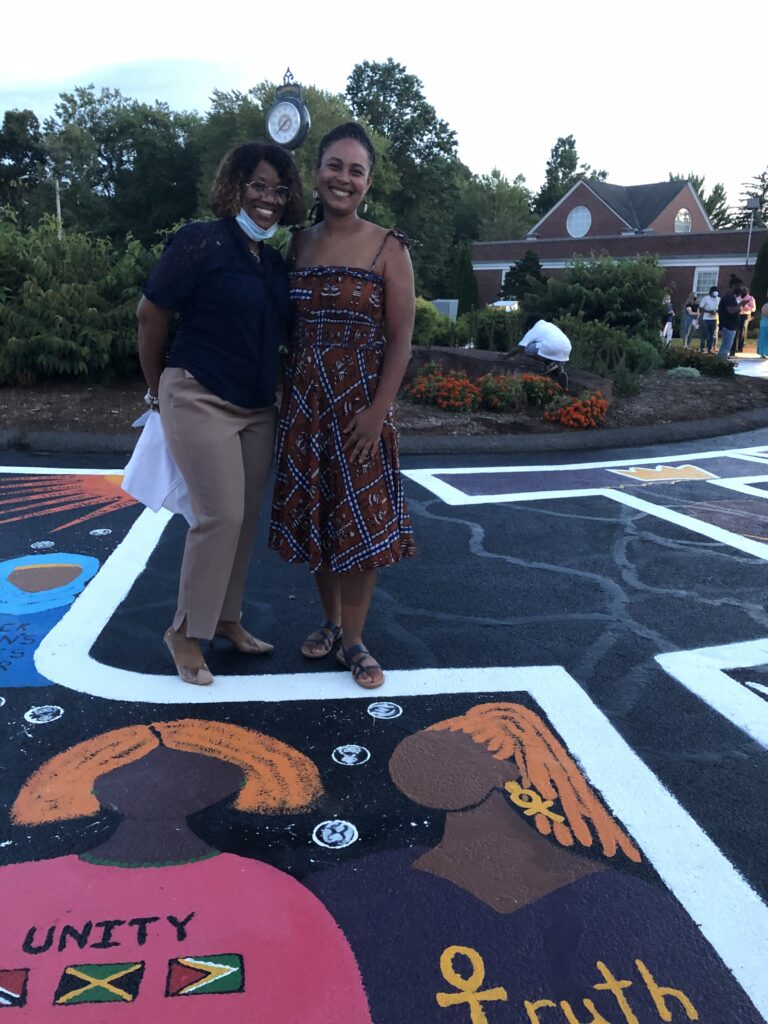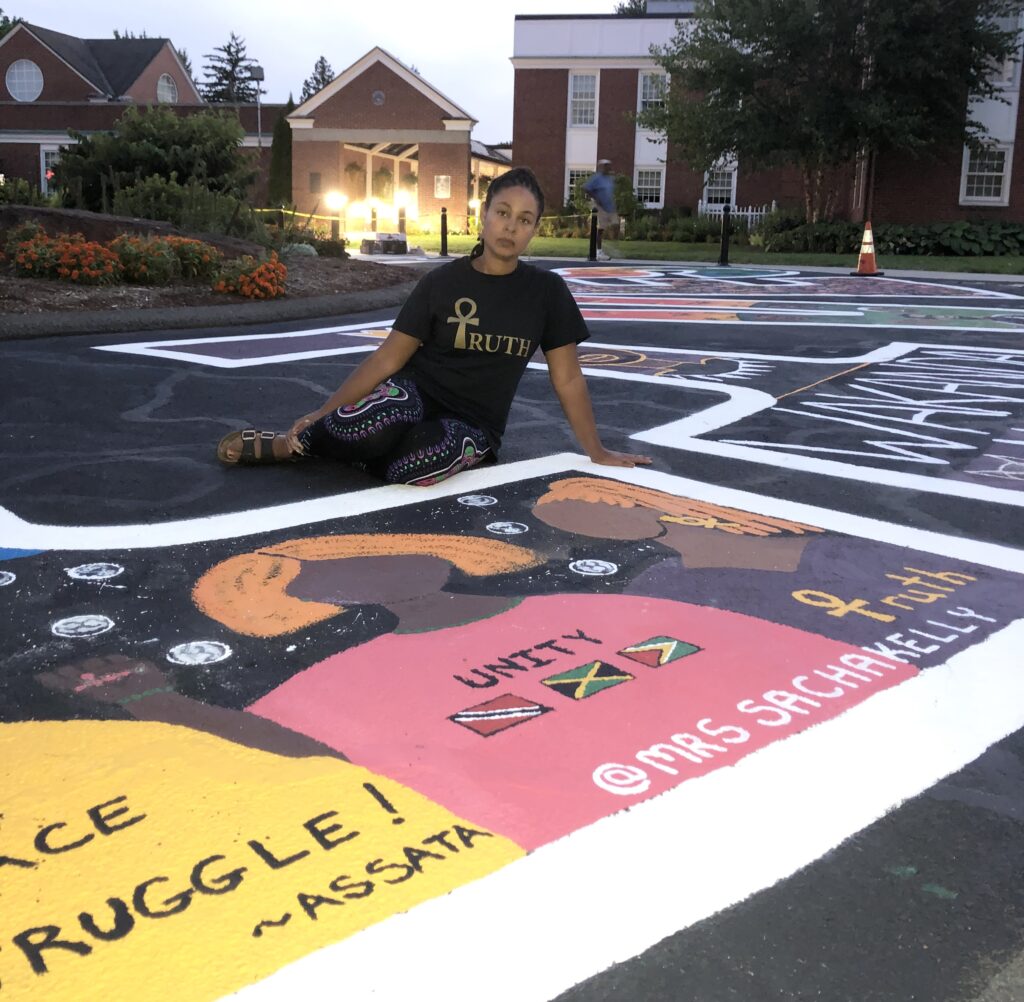Now you can call them Doctor.
Two Alma Exley Scholars have received Doctor of Educational Leadership degrees from Harvard University. They are Dr. Vernon-James Riley, whom we honored in 2008, and Dr. Justis Lopez, honored in 2015.
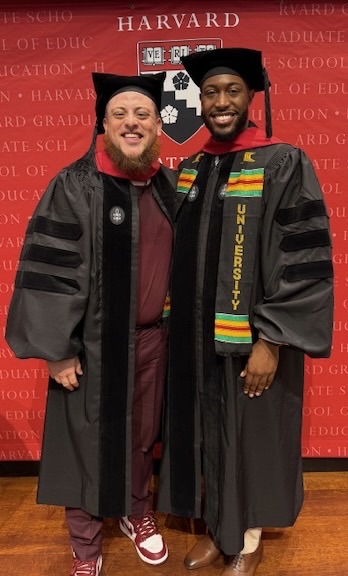
Dr. Lopez, left, and Dr. Riley
Educational Entrepreneurs
While at Harvard, Dr. Riley established an educational consulting enterprise, VJR Consulting Firm, which supports school districts with leadership coaching, professional development, and strategic planning services. Already, Dr. Riley and his team have trained more than 10,000 educators in cities across the country. Read more.
Dr. Lopez is re-invigorating the organization he established as an undergraduate, Just Experience, in the educational social entrepreneurship sector. As founder of this enterprise, he has created curriculum for classes, facilitated workshops, hosted hundreds of events, and has performed as a DJ for clients’ significant life events. He is also creating other educational initiatives “that are rooted in healing, justice, joy, and liberation.” Read more.
From Harlem to Harvard
Dr. Riley grew up in Harlem, New York City, and earned a bachelor’s degree from Yale. He went on to earn master’s degrees from Michigan State University and Teachers College at Columbia University.
Early in his career, he was founding dean of students at Summit Academy in Brooklyn, N.Y., and founding director of operations at Amani Public Charter School in Mount Vernon, N.Y. Subsequently, he served as principal at North Star Academy Charter School in Newark, New Jersey, and vice provost of National School Leader Programs at the Relay Graduate School of Education in Washington, D.C.
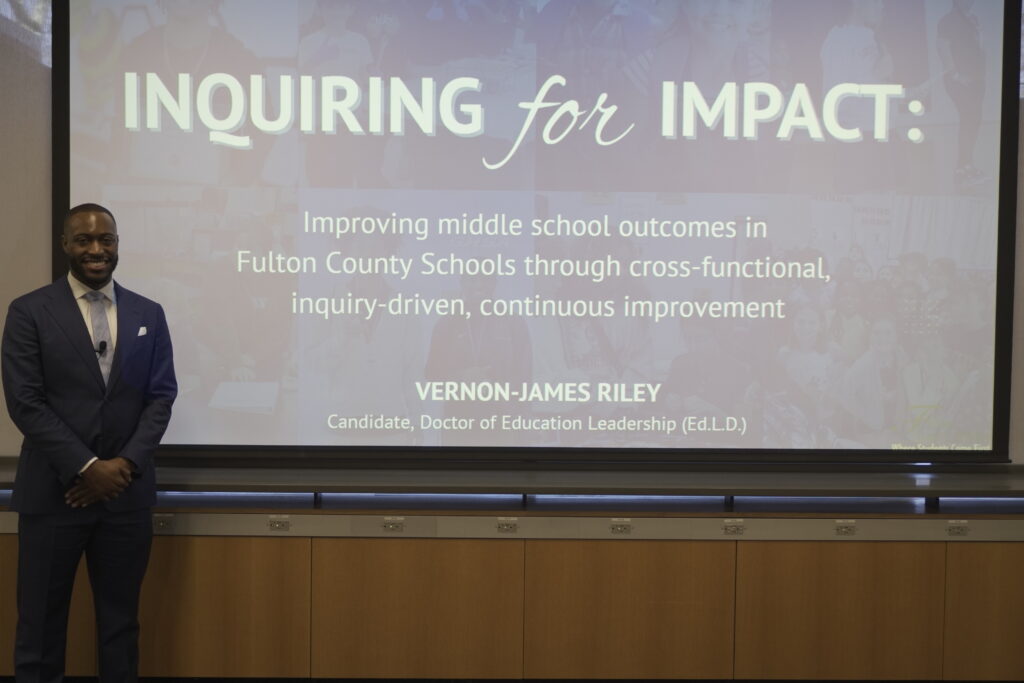
Vernon-James Riley presenting his capstone defense at Harvard.
A Son of Manchester
Dr. Lopez hails from Manchester, Connecticut. He holds bachelor’s and master’s degrees from the University of Connecticut and a master’s degree in educational entrepreneurship from the University of Pennsylvania.
He began his career teaching social studies at Manchester High School. He also taught social studies at a public high school in the Bronx, N.Y. Then he served as alumni affairs coordinator at the Council for Opportunity in Education, Washington, D.C.
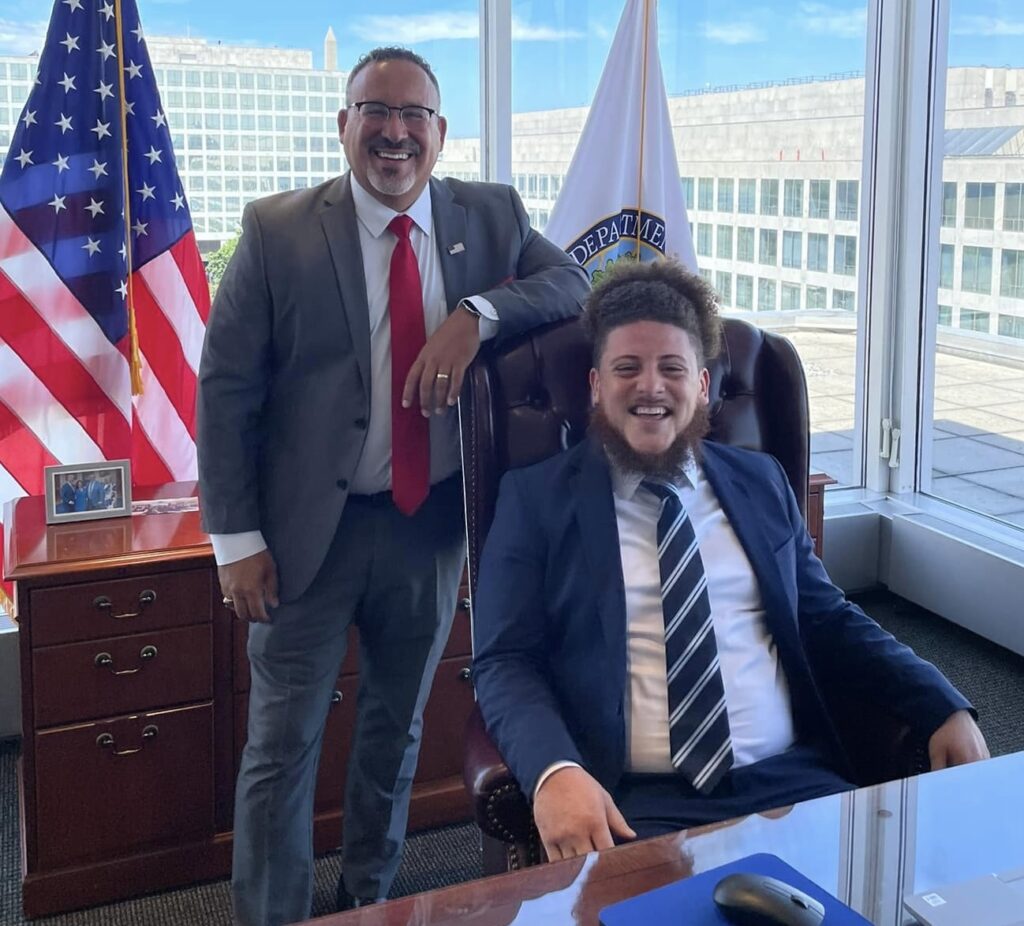
Future secretary of education? Justis Lopez tries out the chair of U.S. Secretary of Education Miguel Cardona when visiting his office in Washington.
-0-
